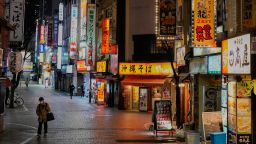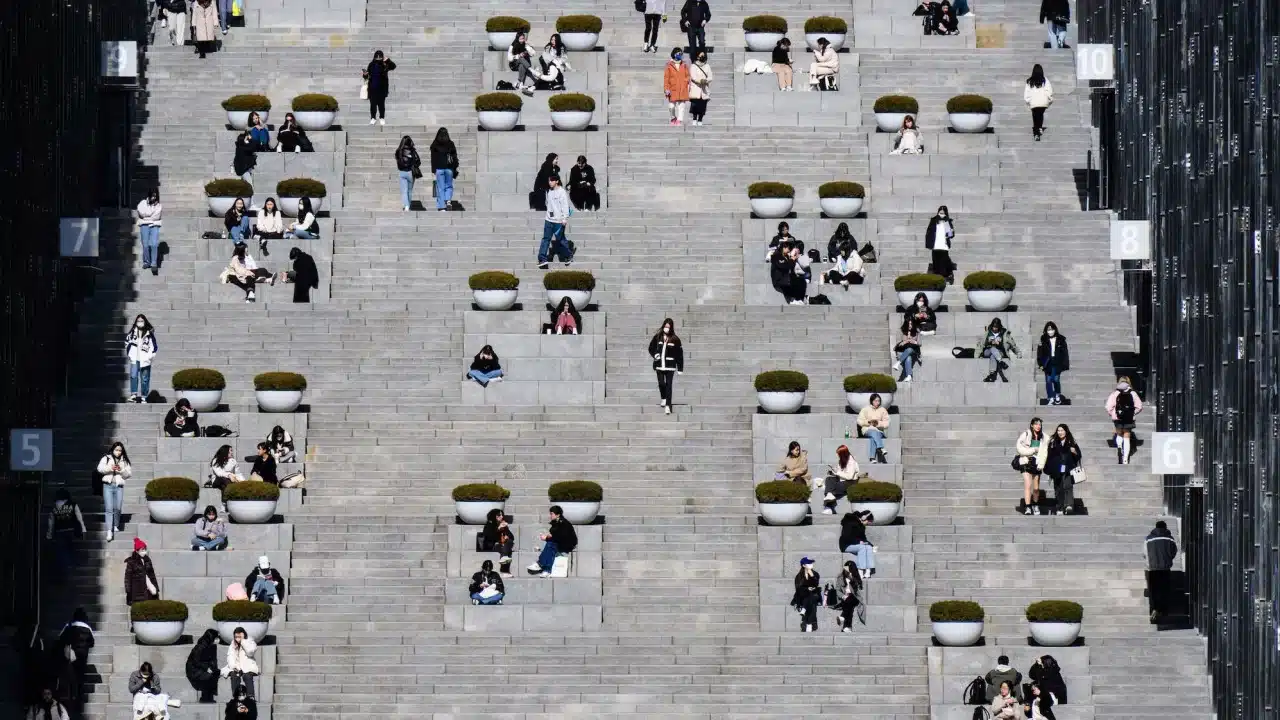Some young people in South Korea are so isolated from the outside world that the government is willing to pay them to “re-enter society.”
The Ministry of Gender Equality and Family announced this week that it will provide up to 650,000 Korean won (about $500) per month to isolated social recluses, in a bid to support their “psychological and emotional stability and healthy growth.”
About 3.1% of Koreans aged 19 to 39 are “reclusive lonely young people,” defined as living in a “limited space, in a state of being disconnected from the outside for more than a certain period of time, and have noticeable difficulty in living a normal life,” according to the ministry’s report, citing the Korea Institute for Health and Social Affairs.
That makes up about 338,000 people across the country, with 40% beginning their isolation in adolescence, according to the ministry. Various factors are thought to be at play, including financial hardship, mental illness, family problems or health challenges.
The new measures specifically target young people as part of the larger Youth Welfare Support Act, which aims to support people extremely withdrawn from society, as well as youths without a guardian or school protection who are at risk of delinquency.
The monthly allowance will be available to reclusive lonely young people aged 9 to 24 who live in a household earning below the median national income – defined in South Korea as about 5.4 million won (about $4,165) per month for a household of four people. The youths can apply for the program at a local administrative welfare center; their guardians, counselors or teachers can also apply on their behalf.
“Reclusive youths can have slower physical growth due to irregular living and unbalanced nutrition, and are likely to face mental difficulties such as depression due to loss of social roles and delayed adaptation,” the ministry said, stressing the importance of “active support.”
The report on Tuesday detailed several case studies, including one young student who had suffered from mental health issues and difficulties socializing since adolescence; she struggled to adjust to college, ultimately choosing not to attend, and withdrew further into herself.
Another student faced domestic violence and hunger at home – making it difficult for her to leave the house or form relationships with people outside. Neither individual was identified.
The report also detailed future plans for further action, such as distributing guidelines to local governments, boosting youth social safety nets and early detection systems, and working more closely with youth welfare facilities like shelters or rehabilitation centers.

Japan was already grappling with isolation and loneliness. The pandemic made it worse
Some cities and local governments already have similar systems in place; Seoul, the country’s capital, has a “Reclusive Youth Support Project” that provides mental health counseling, hobby development and work training, and life coaching for isolated young people.
This phenomenon isn’t unique to South Korea.
Japan has a similar problem, with nearly 1.5 million reclusive lonely young people, who are known as hikikomori, according to a recent government survey. Some go out only to buy groceries or for occasional activities, while others don’t even leave their bedrooms.
The phrase was coined in Japan as early as the 1980s. Authorities in that country have expressed increasing concern over the issue for the past decade, but Covid-19 has made things worse, the survey found.
Of those surveyed, more than a fifth cited the pandemic as a significant factor in their reclusive lifestyle. Other common reasons cited were pregnancy, job loss, retirement and having poor interpersonal relationships.

